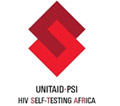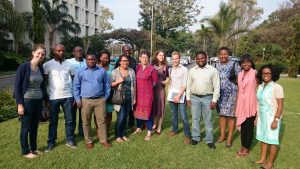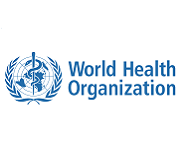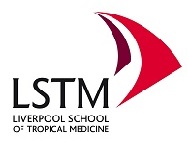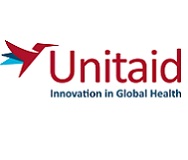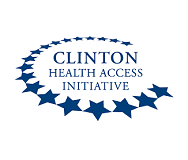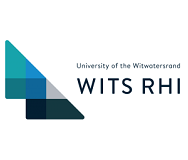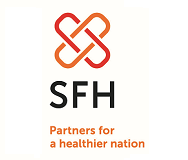Qualitative Research Network – The power of bringing STAR countries’ researchers and implementers together
Miriam Mutseta, STAR Programme Manager, PSI Zimbabwe
November 2016
Members of the QRN with STAR Economic Network members
Collaborating on the curriculum for healthcare workers on HIV self-testing
For me, the Qualitative Research Network (QRN) is all about working across the groups in STAR – researchers, implementers and marketers. Last month we met in Lusaka for two days from 30th September to 1st October. People from research and implementation were there, including people attending a face to face QRN meeting for the first time. It was good and welcoming to all. At the meeting we were able to hear updates on the stages of our research and the research gaps, especially in implementation. We hope to meet more often to ensure the researchers and implementers continue talking.
It was great to get feedback on the curriculum. Compared to the last meeting I felt I got better feedback and it was useful to hear how the researchers had views based on their experiences interviewing the healthcare workers. We came up with a product that we were able to discuss with WHO so it felt good to be moving that along. It was also important to hear how the technical working groups (TWGs) for HIV self-testing are doing at national level. I am part of the Zimbabwe TWG. Some countries were lagging behind and in the gaps identified we didn’t realise in our context, in Zimbabwe, we did not have regulators in the true sense of regulators at the TWG meetings.
QRN tastes chocolate! As is our tradition, we took a moment of reflection. We tasted chocolate, slowly reflecting on the different flavours on the different parts of the palate.
We also had a surprise visit from a Zimbabwean parliamentarian in the TB committee (Hon. Dr Ruth Labode who is the Chairperson, parliamentary portfolio committee on health and childcare). She popped in because she had been a student in Liverpool. She was so lively and maybe she can even help us.
Benefits of working together
The updates from research make it easier for me to understand our implementation and how research feeds into it. We get a lot of questions in implementation that we may not initially have answers to, and other situations that we are faced with during implementation where we end up theorising but don’t go into deeper. Having the research by our side means we can flag issues. It works the other way around too. The meeting between the two groups will actually help us to correct things as we go and also see what is working well that we can carry on doing.
For me as the Chairperson of the curriculum development sub group in STAR, it directs me to the gaps that we can address in training, e.g. healthcare workers lacking knowledge in HIV self-testing was raised by researchers, then in the field people were raising the same so we realised it is an area we as implementers need to address as a matter of urgency or the programme will not succeed. We can separate issues. Some can be flagged to marketing, who are also part of the QRN and who can come up with strategies. Researchers can take long to produce results and some papers I may miss in the busyness of things, so it is helpful to have this mechanism for giving continuous feedback.
A message for my colleagues in research
One thing I would like the researchers to delve into more, which I raised in the meeting, is the issue of ‘compassionate forced testing’ and family dynamics in self-testing. This is a different space from where we were in Provider Delivered HIV Testing Services. We have had to redefine terminologies because we are now dealing with family issues, like involuntary disclosure of HIV status because testing is considered a family obligation. The head of the family takes the lead and expects everyone to follow suit, even in sharing results. At the end of the day, HIV has social and economic implications for the whole family but it brings dilemmas to people like us who are used to a different setting, where people’s rights were observed differently. As researchers are you classifying everything as social harm? Are these adverse events or benefits? Are these more our fears as providers than the fears of the family? Research could help us understand if HIV self-testing is strengthening to the good of the family or is actually causing harm. I am also worried about linkages. Are we ever going to be able to show that people are linking? We may not know how this will also work out once incentives are not there. Suppose it shows incentives work – what will we do with that information in the real world? It might just be a starting point of catalysing them and then things become normal and they link in the end.
Another striking thing was the similarities between the cultures of our three STAR countries – Malawi, Zambia and Zimbabwe. We have different economies and health systems, and different contexts but similar cultures and challenges that people face. We really have a lot in common.
I am eagerly awaiting the next discussion session.

